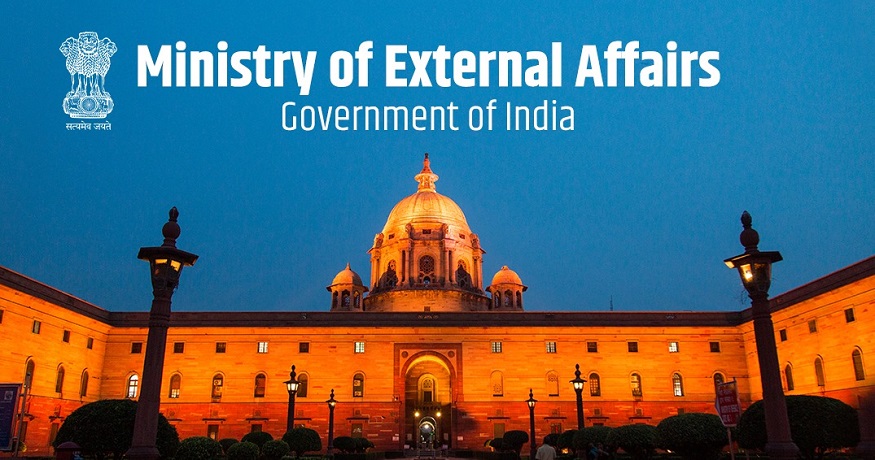DHAKA, August 23 — In a visit that echoes decades of history, reconciliation, and changing regional power dynamics, Pakistan’s Foreign Minister Ishaq Dar arrived in Dhaka on Saturday — marking the highest-level Pakistani official to set foot in Bangladesh in over 12 years.
This historic visit is more than just diplomacy; it’s a symbol of two nations that once stood on opposite sides of a brutal war in 1971, now cautiously leaning toward a new era of cooperation.
Pakistan hailed the visit as a “significant milestone” in its relationship with Bangladesh. As the two Muslim-majority nations eye a fresh start, Sunday is expected to see the signing of multiple bilateral agreements, particularly in the area of trade — a move that could significantly reshape economic ties between Islamabad and Dhaka.
Dar is also scheduled to meet Bangladesh’s interim leader, Nobel laureate Muhammad Yunus, in what many observers are calling a critical diplomatic gesture — one that could set the tone for the next chapter in Pakistan-Bangladesh relations.
But as the two sides move forward, old alliances and regional tensions cast long shadows.
India — which supported Bangladesh’s independence in 1971 and has long been seen as Dhaka’s closest ally — is quietly watching from the sidelines. Relations between Bangladesh and India soured dramatically in August 2024 following a mass uprising that ended the decades-long rule of Prime Minister Sheikh Hasina. After fleeing to India, Hasina continues to avoid trial for alleged crimes against humanity — something that Bangladesh’s current leadership views as an unacceptable interference by New Delhi.
“Bangladesh was one of India’s most reliable partners. Now, the country is engaging with India’s historic rival — and that changes the regional balance,” said US-based analyst Michael Kugelman.
Trade has already begun to thaw the ice. Since last year, the two countries initiated sea trade, and earlier this year, they expanded government-to-government commerce. Pakistan’s Commerce Minister, Jam Kamal Khan, recently visited Dhaka to discuss setting up joint commissions aimed at boosting trade and investment.
Military-to-military engagement is also unfolding. On Friday, top commanders from both nations held high-level talks in Pakistan — another bold signal that both sides are willing to engage even amid historical scars.
Of course, those scars run deep. Pakistan’s military actions during the 1971 war are still etched in the collective memory of many Bangladeshis. While some in Dhaka continue to demand an official apology, others see this diplomatic opening as a chance to move forward — cautiously, but with purpose.
“The ouster of Hasina was a strategic blow to India,” said Thomas Kean of the International Crisis Group. “And the warming of ties between Pakistan and Bangladesh is a direct consequence.”
India has rejected accusations of supporting Hasina’s outlawed Awami League from across the border, saying its soil is not used for political operations against any other country.
But the sentiment in Dhaka is clear — this is a time for asserting sovereignty, redefining partnerships, and healing wounds of the past — not by forgetting, but by choosing to engage in meaningful dialogue.
As Pakistan and Bangladesh attempt to turn a new leaf, the world watches. Cautious optimism fills the air in Dhaka. The hope? That the ghosts of history might finally find peace through diplomacy and mutual respect.




